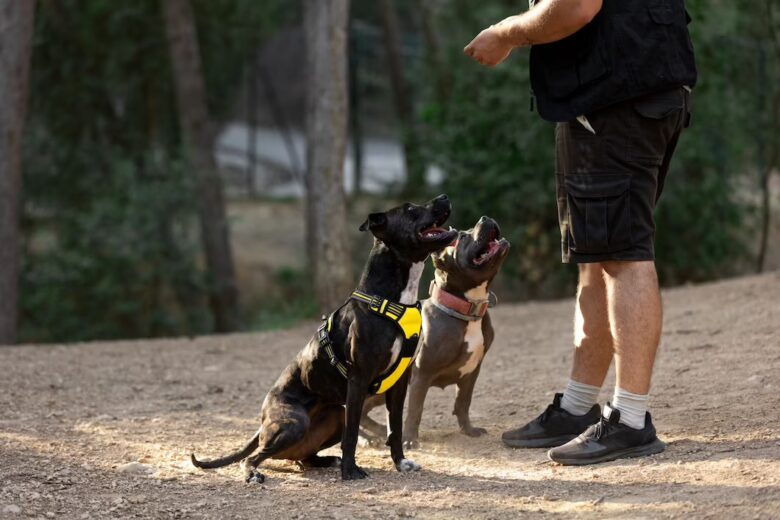For dog owners, the journey of raising a pet can be both rewarding and challenging. One of the most essential aspects of a dog’s life is training, which plays a pivotal role in shaping their behaviour and ensuring they become well-adjusted members of your family. In this article, we will delve into the world of canine education and explore effective methods and strategies for nurturing a well-behaved puppy companion.
Understanding the Importance of Dog Training
Dog training is more than just teaching your furry friend to follow commands; it’s about fostering a strong bond, ensuring their safety, and helping them become happy, confident pets. Proper training can address various behavioural issues, prevent potential problems, and enhance the overall quality of life for both you and your dog.
Positive Reinforcement Training
Positive reinforcement training is a widely recognised and effective approach to puppy obedience training. It focuses on rewarding desired behaviours to encourage their repetition while ignoring or redirecting unwanted behaviours. Here’s how it works:
- Rewards: Identify what motivates your dog, whether it’s treats, praise, toys, or affection. These will serve as rewards for good behaviour.
- Clear Communication: Use clear and consistent commands to communicate your expectations to your dog. Keep commands short and easy to understand.
- Timing: Timing is crucial in positive reinforcement. Reward your dog immediately after they perform the desired behaviour to reinforce the connection between the action and the reward.
- Consistency: Consistency is key to successful training. Everyone in your household should use the same commands and rewards to avoid confusion.
- Patience and Persistence: Understand that learning takes time. Be patient and persistent in your training efforts, and always use positive reinforcement.
Common Training Challenges
While dog training can be immensely rewarding for many people, it’s not without its challenges. Some common issues you may encounter include:
- House Training: Teach your dog where and when to relieve themselves.
- Leash Walking: Training your dog to walk on a leash without pulling.
- Basic Commands: Teaching commands like sit, stay, and come.
- Socialisation: Exposing your dog to various people, animals, and environments to build confidence and reduce fear.
- Behavioural Problems: Addressing issues like barking, digging, or aggression.
Conclusion
Dog education is an essential aspect of responsible pet ownership. It is a journey that strengthens the bond between you and your canine companion while ensuring they become well-behaved and happy members of your family.
Positive reinforcement training is an effective approach that focuses on rewards and clear communication. Be patient and consistent, and you’ll see remarkable results.
By investing time and effort in training your dog, you’re not only enhancing their life but also enriching your own. A well-trained dog brings joy, companionship, and harmony to your home.
Specialists will often advise early owner intervention, a topic where there is a great deal of analysis, insight and discussion. Rather than allowing bad habits to fester and deteriorate over time, this is a moment to engage with tried and trusted practices passed on from practitioners who know how to handle everyday obstacles with these beloved pets.



